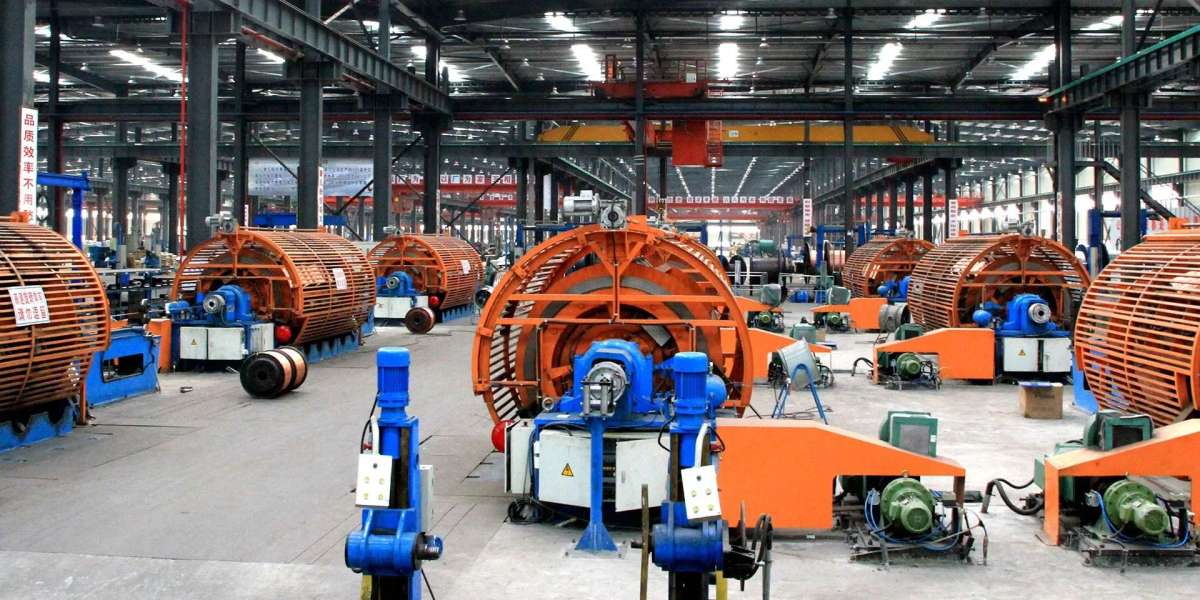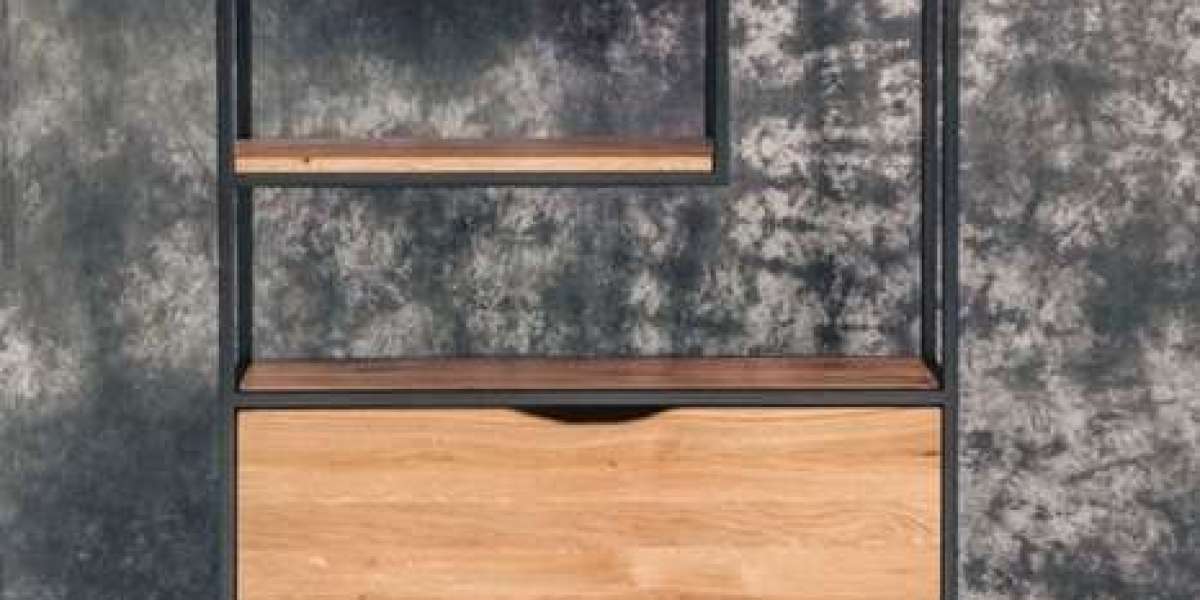In today’s fast-paced industrial and residential environments, the demand for reliable and long-lasting electrical wiring is higher than ever. Rubber cables have emerged as a versatile and durable solution, capable of meeting the diverse needs of modern wiring systems. From industrial machinery to residential electrical setups, rubber cables offer unique advantages that make them indispensable in today’s electrical infrastructure.

Understanding Rubber Cables
Rubber cables are flexible electrical cables with insulation and sheathing made from high-quality rubber compounds. These cables are designed to withstand mechanical stress, extreme temperatures, and exposure to chemicals, moisture, and UV radiation. The flexibility of rubber cables ensures easy handling during installation, even in complex layouts, while their robust construction guarantees long-term durability.
Rubber cables come in various types, including single-core, multi-core, armored, and unarmored cables, making them suitable for a wide range of applications. Their adaptability and resilience are what set them apart from standard PVC or plastic-insulated cables.
Key Advantages of Rubber Cables
1. Superior Durability
One of the most significant benefits of rubber cables is their exceptional durability. Unlike traditional cables, rubber insulation resists cracking, abrasion, and wear, even in harsh environments. This makes them ideal for industrial settings, where equipment and wiring are exposed to constant movement, friction, or mechanical impact.
2. Flexibility and Ease of Installation
Rubber cables are highly flexible, allowing electricians to route them through tight spaces, bends, and corners without risking damage. This flexibility reduces installation time and effort while minimizing the likelihood of cable breakage or insulation damage. In dynamic environments like construction sites or mobile machinery, this feature proves invaluable.
3. Heat and Cold Resistance
Rubber cables maintain their integrity across a wide range of temperatures. Whether used in freezing conditions or near heat-generating equipment, these cables continue to function effectively without degradation. This temperature resilience makes rubber cables suitable for outdoor installations, industrial plants, and refrigerated systems.
4. Resistance to Chemicals and Moisture
Industrial environments often expose cables to oils, solvents, and other chemicals. Rubber insulation offers excellent chemical resistance, preventing corrosion or damage. Additionally, rubber cables are highly water-resistant, making them ideal for wet or humid conditions, including outdoor lighting, marine applications, and irrigation systems.
5. Enhanced Safety
Rubber cables contribute to safer electrical installations. Their insulating properties reduce the risk of electric shock, short circuits, and fire hazards. Many rubber cables are designed to meet international safety standards, ensuring Control Cable performance in both residential and industrial setups.
Applications of Rubber Cables
Rubber cables are widely used in various industries and settings, reflecting their versatility and durability.
Industrial Machinery
Heavy-duty machinery, such as forklifts, cranes, and production line equipment, requires cables that can withstand constant movement and mechanical stress. Rubber cables provide the necessary flexibility and resilience, ensuring uninterrupted power supply and safe operation.
Construction and Temporary Installations
Construction sites demand portable and durable wiring solutions. Rubber cables are ideal for temporary power distribution, lighting setups, and tools, thanks to their robust construction and resistance to environmental factors.
Renewable Energy and Outdoor Applications
Solar power installations, wind turbines, and outdoor lighting systems benefit from rubber cables’ weather resistance and UV protection. Their ability to function reliably in extreme conditions ensures long-term performance and minimal maintenance.
Household and Commercial Wiring
Rubber cables are not limited to industrial use; they are also increasingly applied in homes and commercial buildings. Appliances, generators Household Cable, and high-power equipment can utilize rubber-insulated wiring for improved safety, flexibility, and longevity.
Specialized Applications
Rubber cables are indispensable in areas where cables are exposed to harsh chemicals, water, or extreme temperatures, including marine operations, chemical plants, and food processing units. Their durability and resistance ensure minimal downtime and lower replacement costs.
Choosing the Right Rubber Cable
Selecting the right rubber cable involves considering the voltage rating, environmental conditions, flexibility needs, and safety requirements. Consulting with electrical experts or suppliers ensures that the cable meets both application-specific and regulatory standards. High-quality Rubber Cable may have a slightly higher upfront cost but offer significant long-term savings due to reduced maintenance, fewer replacements, and enhanced safety.
Conclusion
Rubber cables have proven themselves as a cornerstone of modern wiring solutions, combining durability, flexibility, and resistance to environmental challenges. Their wide range of applications—from industrial machinery to residential wiring—demonstrates their versatility and essential role in safe and efficient electrical systems. Investing in high-quality rubber cables not only ensures reliable power delivery but also protects equipment, reduces maintenance costs, and enhances overall safety.
As industries and households continue to demand more resilient and adaptable wiring solutions, rubber cables stand out as a dependable choice, ready to meet the challenges of modern electrical applications.



